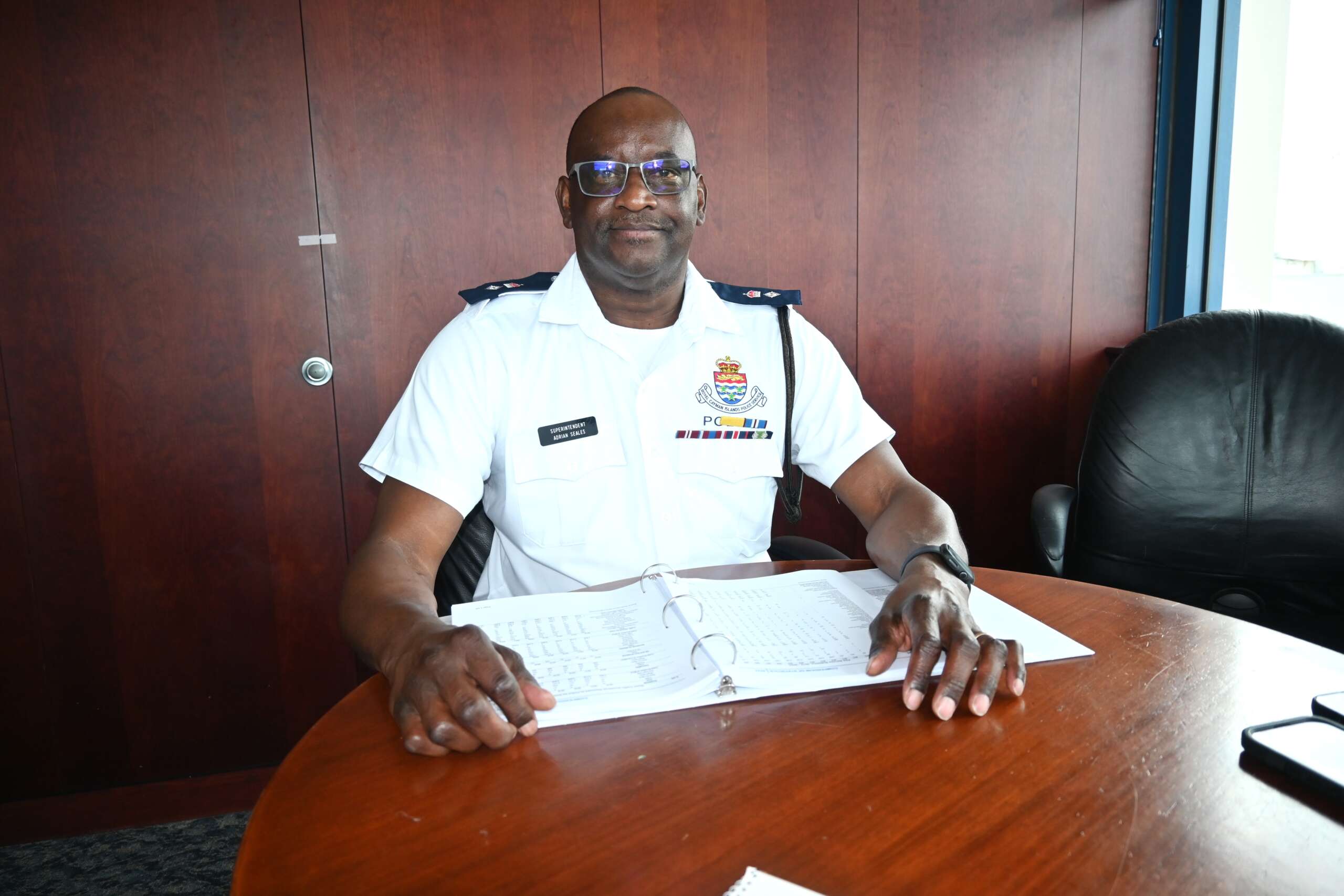By North Side Mp,Raymond Hainey
Copyright caymancompass

A senior Cayman police officer said the country’s drink driving limit could be cut in a bid to tackle the “plague” of drink driving.
Superintendent Adrian Seales said more needed to be done, including a tougher approach to driving over the alcohol limit, to cut the grim toll of death and injury on the roads.
“On lowering the limits even further, my honest opinion, I would say ‘yes’,” he said.
“We aren’t there yet, but I think we will eventually have to move.”
He added there were 14 road deaths last year from 11 accidents, and nine deaths from nine accidents in 2023.
Seales added that increasing penalties in line with the level of intoxication could also be considered.
But he said the problem was best approached as a multi-agency one, and other groups had roles to play in the reduction of drinking and driving.
He highlighted the use of measures such as special buses, the involvement of the taxi industry and a bigger emphasis on the need for designated drivers.
Seales added, “Looking at New Year’s Eve, for example, if you’re going to revel, you’re going to party, you need to figure out how you get there and how you get back.
“I honestly believe, if people don’t have a designated driver, they must work around another safe way to get back home.”
He added even alcometers or breathalysers fitted to cars to check drivers and disable the car if they tried to drive while under the influence were not off the table.
Seales, speaking at the police service’s George Town headquarters, said, “We need to look at other jurisdictions and take lessons from them.”
The country cut the drink driving limit to a 0.07% blood/alcohol content level (BAC) from 0.1% in 2022.
The level is lower than Jamaica, Canada, Florida and England and Wales, which have a limit of 0.08%, but higher than the permitted 0.05% in Scotland and Australia.
France, Germany, Spain, Italy, Portugal and Argentina also have a 0.05% BAC.
Seales said that drink driving and the resulting injuries put avoidable strain on the health care system, and travel overseas for treatment bumped up insurance costs.
“There is a mandatory 12-month disqualification and that could increase where there are repeat offenders,” he added.
“But if we’re going to be really serious about drink driving, we need heftier penalties and sanctions.”
Seales said he applauded the judiciary and the courts, who were at the forefront of the battle to reduce incidence of drink driving, as well as the National Roads Authority, which had worked to cut the number of known accident danger spots for legal drivers.
Seales said, “You find with drunk drivers, they seldom show any real care for other people and road users, whether it’s sheer lawlessness or poor judgment – I’m not sure which it is.
“They know they could be stopped and prosecuted, but that doesn’t seem to deter them. It’s all about how we get the attitude adjustment.”
Seales added, “When you add up all the costs that one drink driver can actually cause, the cost can be in the hundreds of thousands of dollars, especially if it involves further medical care if they are airlifted to a bigger hospital.”
The superintendent also sits on the Streetskill committee, which promotes road safety, and the National Road Safety Committee, and said that there were “initiatives on the table right now”.
He added, “We are looking at revising the traffic regulations as well and also revision of the road code.”
National Drug Council backs lower limit
A spokeswoman for the National Drug Council (NDC) backed Seales proposal to lower the drink driving limit to 0.05% and agreed more than legislation was required to cut the grim toll of death and injury on the roads.
She said, “Real progress requires a multi-agency approach that includes enforcement, responsible service training, late-night transport options and ongoing public education… .”
She highlighted the NDC’s “Arrive Alive 345” campaign, designed to increase awareness of the dangers of drink driving over the festive season.
The spokesman said the NDC also promoted prevention strategies such as Compass Media’s “Purple Ribbon Pledge”, where drivers promise not to drink and drive.
She also singled out the designated driver programme, the New Year’s Eve Purple Ribbon Bus service designed to get people home safe and the Safe Serve and Sales Training Scheme and Training for Intervention Procedures, which promote a responsible approach to alcohol sales.
The spokeswoman said, “The AA345 campaign demonstrates that coordinated action is effective and we should expand its efforts beyond the holidays.”
She added that a cut in the drink driving limit, with “stronger enforcement, mandatory responsible service training, mandatory education or treatment programmes and reliable late-night transportation” were also required.
The planning, agriculture housing and infrastructure ministry, headed by North Side MP Jay Ebanks, has not responded to a request for comment.
The government unveiled its ‘RoadtoZero’ initiative, a campaign that aims to reduce the number of collisions on local roads over the next 14 years, last March.
The main targets in the Cayman Islands National Road Safety Strategy 2023-2038 are to reduce road fatalities by 30% by 2028 and to eradicate them altogether by 2038.



